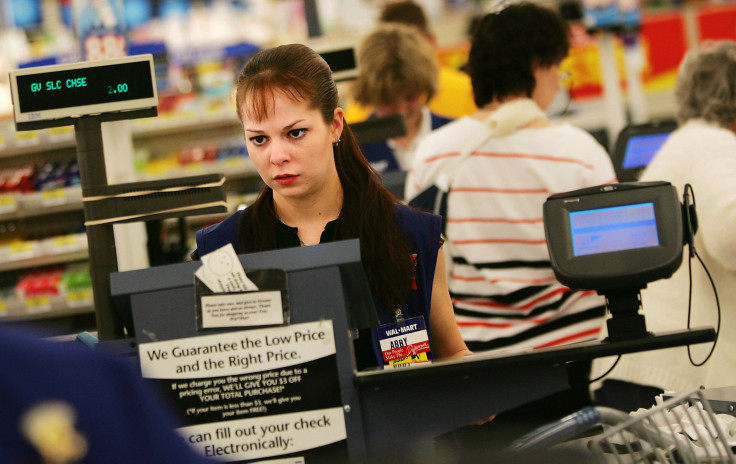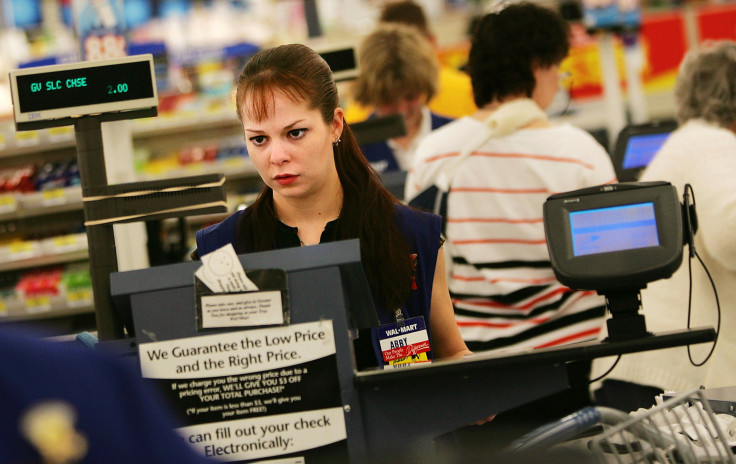Health In The Workplace: 9 Jobs That Increase Stress, Poor Sleep And Eating Habits

Do you think your job is affecting your health? According to a new survey conducted by the Robert Wood Johnson Foundation, National Public Radio, and Harvard’s School of Public Health, some jobs have a more negative effect on employees’ health than others, with retail outlets coming in as the worst offenders to worker sanity.
Overall, risky work conditions and physical safety weren’t the biggest threats to health; instead it’s the stress, mental exhaustion, and poor eating and sleeping habits that result from working these jobs that hurt American adults the most.
For the report, presented at The Forum at Harvard, the research teams surveyed 1,601 full and part-time workers who clocked in between 20 and 50 hours per week. Interviews were done over the telephone using random dialing in the months of January and February of 2016. Researchers asked workers whether their jobs had a positive or negative impact on their overall health, and documented the top nine jobs that had the worst impact on employees.
Unhealthy Jobs:
- Retail Outlet
- Construction/Outdoor Worker
- Factory or Manufacturing
- Medical
- Store
- Warehouse
- Restaurant
- Office
- School

It turns out no matter what kind of job a person had, a majority (59 percent), said it contributed to their stress level, especially for women. But 56 percent of employees said they kept going back to the same job because it was important for their careers to work long hours, while half of the responders said they actually enjoy what they do for a living, and more than a third (37 percent) said they stayed because they needed the money.
“The takeaway here is that the number one job for U.S. employers is to reduce stress in the workplace,” said the study’s lead author Robert J. Blendon, a health policy and political analysis professor at Harvard’ School of Public Health, in a statement. “In an era of concern about low-wage workers, it’s clear they face more negative health impacts from their jobs compared to those who are paid substantially more.”
More than a quarter of low-paid employees reported a negative health impact from their job, while only 14 percent of workers in average- and high-paying jobs believed their job resulted in poor health. Overall, more than one in four adults said their job leads to poor eating habits, and another quarter said their sleeping habits suffered. It may be because nearly half of all workplaces were rated as providing fair or poor healthy food options, and roughly one in five working adults say they work 50 or more hours a week, which earned them the label "workaholics" among researchers.
Yet despite the longer hours and low-quality work environments, most employed adults say they still go to work even if they have a cold or the flu; 60 percent of those employees work in medical jobs, while half work in restaurants.
“Every year, U.S. businesses lose more than $225 billion because of sick and absent workers,” said Robert Wood Johnson, President, and Risa Lavizzo-Mourey, CEO, in a statement. “But I believe that business drives culture change and with them on board we can succeed in building a culture of health in America. It’s not a hard connection to make. In many companies as much as 50 percent of profits are eaten up by health care costs.”
Source: Blendon RJ, Mann F, Gudenkauf A, et al. Health in the American Workplace: Are We Doing Enough. The Forum. 2016.



























